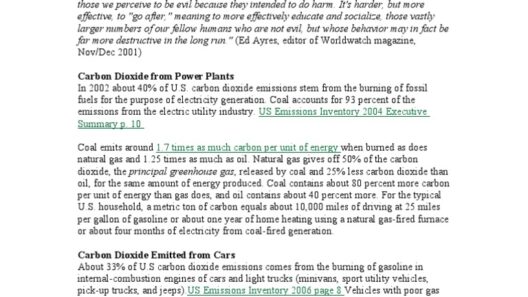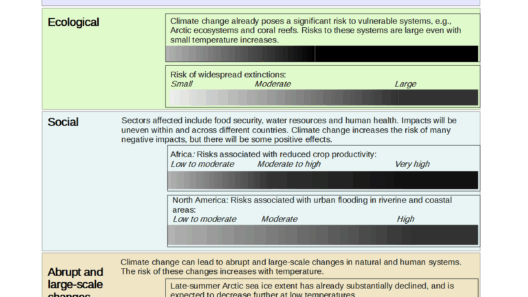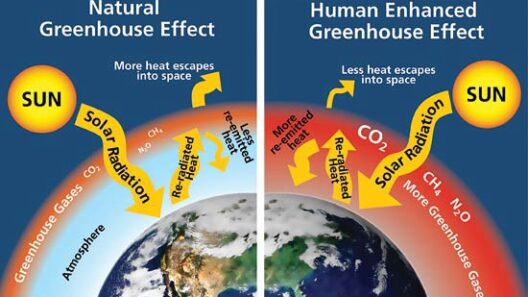Global warming, a monumental challenge of our time, calls for an urgent reassessment of our environmental practices and policies. As our planet grapples with rising temperatures, melting ice caps, and erratic weather patterns, a paradigm shift in our approach to sustainability is imperative. The consequences of inaction are not merely speculative; they are upon us, dictating the urgency of implementing strategies that resonate across various sectors. Turning the tide against global warming necessitates collective action grounded in informed choices, innovative technologies, and societal commitment.
Recognizing the Compassionate Call of Renewable Energy
The specter of fossil fuel dependence looms large over our collective future. Transitioning to renewable energy sources embodies not just a solution but a promise of hope. Solar, wind, and hydroelectric power generate energy with minimal to zero emissions. By harnessing the inexhaustible resources of the Earth, we not only mitigate greenhouse gas emissions but also articulate a transformative narrative for future generations.
Moreover, the economic viability of renewable energy creates an added impetus for transition. The declining costs of solar panels and wind turbines present an unprecedented opportunity to realize energy self-sufficiency. Governments and corporations alike should prioritize investment in research and development, paving the way for innovative energy storage solutions and smart grid technologies. This not only stimulates local economies but also lays the groundwork for a sustainable energy infrastructure capable of withstanding the vicissitudes of climate change.
Fostering an Eco-Conscious Mindset in Communities
Shifting perspectives begins at the grassroots level. Communities play a crucial role in the fight against global warming, and fostering an eco-conscious mindset can catalyze collective action. Educational programs aimed at promoting environmental stewardship can instill a sense of responsibility and agency in individuals. Workshops, community gardens, and local clean-up initiatives serve as vehicles for awareness-raising and practical engagement. When people understand the integral relationship between their actions and the health of the planet, they are inspired to alter their behaviors.
Social media campaigns can amplify these efforts, connecting individuals and organizations striving for sustainable practices. By sharing success stories and practical tips, platforms like Instagram and Twitter become fertile grounds for spreading environmental awareness. The convergence of technology and social engagement can lead to widespread behavioral change, igniting a collective movement toward eco-friendly lifestyles.
Rethinking the Fabric of Transportation
Transportation is a colossal contributor to greenhouse gas emissions. Thus, reimagining our modes of travel is essential for reducing our carbon footprint. Public transport, cycling, and walking should not merely be options but rather norms entrenched in urban planning. Cities must prioritize infrastructure that facilitates these sustainable modes of transportation, while also promoting carpooling and electric vehicles. Innovations in electric and hydrogen fuel cell technologies offer promising alternatives to traditional combustion engines, reducing our reliance on fossil fuels.
Additionally, policies that incentivize green commuting can shift public attitudes. Organizations and local governments can implement programs that reward employees for using sustainable transport methods. When the benefits of reduced congestion and improved air quality are coupled with tangible incentives, the populace is more inclined to embrace ecological change.
Engaging Corporations in Sustainable Practices
Corporate responsibility extends far beyond mere philanthropy; it encompasses a commitment to sustainable practices that align profit with planetary health. Companies must adopt sustainable supply chain practices that prioritize environmentally friendly materials and ethical manufacturing processes. By integrating sustainability into their operational ethos, businesses can not only reduce their ecological impact but also appeal to a growing consumer base that values environmental stewardship.
Transparency will play a key role in this transformation. Consumers today demand to know the origins of products and the environmental implications of their purchases. Brands committed to sustainability can gain a competitive edge by reporting emissions data and progress toward carbon neutrality. This openness fosters trust and cultivates a loyal customer base interested in supporting corporations aligned with their values.
Emphasizing Policy Change Through Civic Engagement
Lasting change at the systemic level necessitates robust policy reform. The intersection of environmental science with political action creates the bedrock for sustainable legislation that governs emissions, energy use, and waste management. Civic engagement is paramount; individuals can harness their power through voting and advocacy to encourage policymakers to prioritize climate action.
Grassroots movements have shown remarkable success in influencing climate policy. By uniting diverse perspectives—from indigenous communities to youth activists—these movements amplify the call for robust climate action. Normalizing demands for fossil fuel divestment, extensive carbon pricing, and investment in sustainable infrastructure will cultivate an environment conducive to meaningful changes.
Conclusion: Lighting the Path Forward
Turning the tide against global warming is undoubtedly a multifaceted endeavor, yet the potential for positive change is immense. Through a coordinated effort involving government, industry, community, and individuals, the opportunities to prevent, reduce, and avoid further damage to our planet are within reach. By adopting sustainable practices, advocating for policy reforms, and embracing renewable technologies, we can illuminate a path toward a more sustainable future. As we forge ahead, let us remain united in our commitment to nurturing the Earth for generations to come.








